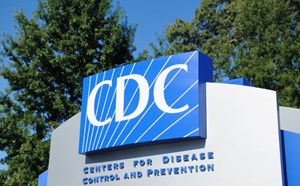ACEP is pushing back hard on efforts to change the Public Service Loan Forgiveness (PSLF) program and other federal student load programs.
A worrisome proposal by the House Education and Workforce Committee would prevent residents from counting residency years toward loan forgiveness and add new limits on federal student aid. The provisions are under discussion as part of the budget reconciliation process.
This discussion comes as ACEP advocates sound the alarm on already significant challenges from chronic underfunding, detailed in the RAND report supported by the Emergency Medicine Policy Institute. In fact, 20% of emergency physicians’ care goes entirely unpaid -- a $5.9 billion annual loss.
Federal programs like PSLF “are not just a benefit, they are a lifeline for many early-career emergency physicians,” the ACEP letter states.
“Excluding time served in a medical residency for PSLF eligibility will erect even greater financial barriers, dissuading a new generation of physicians from pursuing emergency medicine and jeopardizing the pipeline of those willing to serve in safety net roles. This is also especially true for many physicians pursuing careers in primary care in rural or underserved communities who will find their desired specialty, practice model, or practice location is simply not financially viable long-term.”
There are real concerns that barriers to primary care will drive patients to emergency departments and increase the strain on emergency physicians and care teams.
ACEP is strongly urging Congress to reconsider provisions to eliminate PSLF eligibility for medical residents and cap federal student aid amounts.
ACEP signed onto an additional letter with more than 20 physician organizations to outline serious and shared concerns about the impact of massive changes to federal student loans.
Physician Letter on Student Loan Proposals in House Reconciliation Package
Emergency physicians serve every community, every day, and often under the most difficult circumstances. Limiting support for their training will only deepen access gaps and strain the health care system further.





